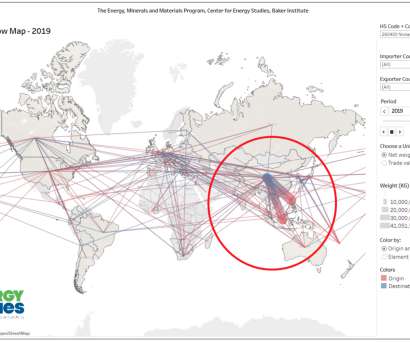Study finds that increased vehicle travel and decreased occupancy have undercut the impact of improving fuel economy over last 40 years
Green Car Congress
MARCH 6, 2013
From 1970 to 2010, vehicle distance travelled in the US increased by 155% (from 1.674 trillion km to 4.260 trillion km); however, because vehicle load (i.e., Sivak found that while the vehicle fuel economy of the entire light-duty fleet improved by 40% (from 13 mpg US to 21.6 occupants carried) decreased by 27% (from 1.9 mpg US to 29.8

























Let's personalize your content